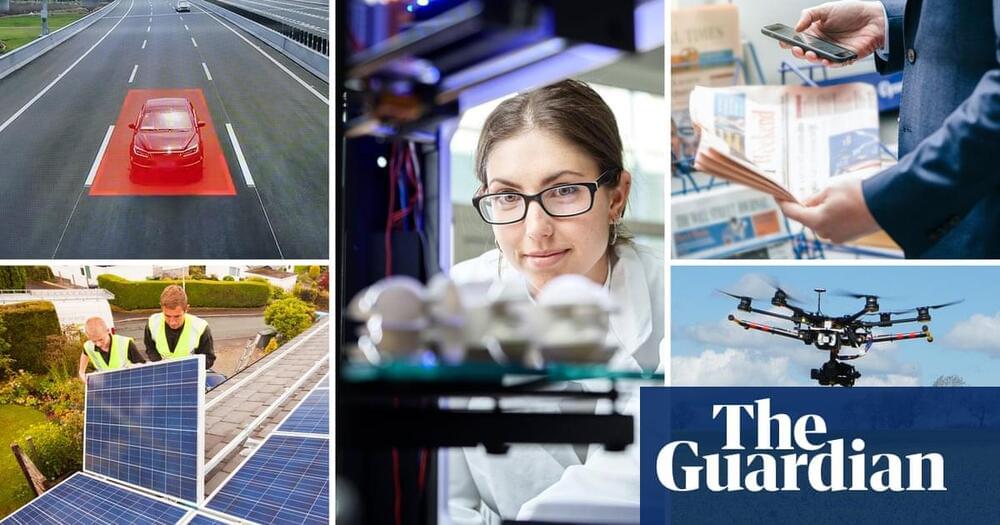The high profile race to enhance their search products has underscored the importance of artificial intelligence to Google and Microsoft – and the rest of the economy, too. Two of the world’s largest tech companies announced plans for AI-enhanced search this month, ratcheting up a tussle for supremacy in the artificial intelligence space. However, the debut of Google’s new chatbot, Bard, was scuppered when an error appeared, knocking $163bn (£137bn) off the parent company Alphabet’s share price. The stock’s plunge showed how crucial investors think AI could be to Google’s future.
However, the increasing prominence of AI has implications for every corner of the economy. From retail to transport, here’s how AI promises to usher in a wave of change across industries.





